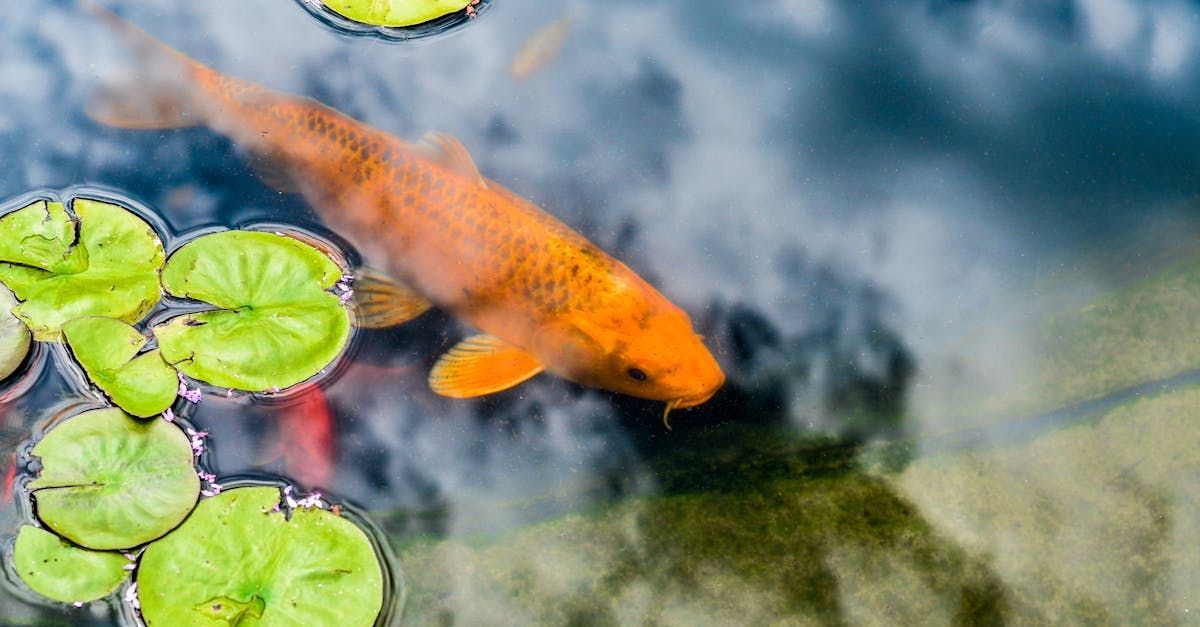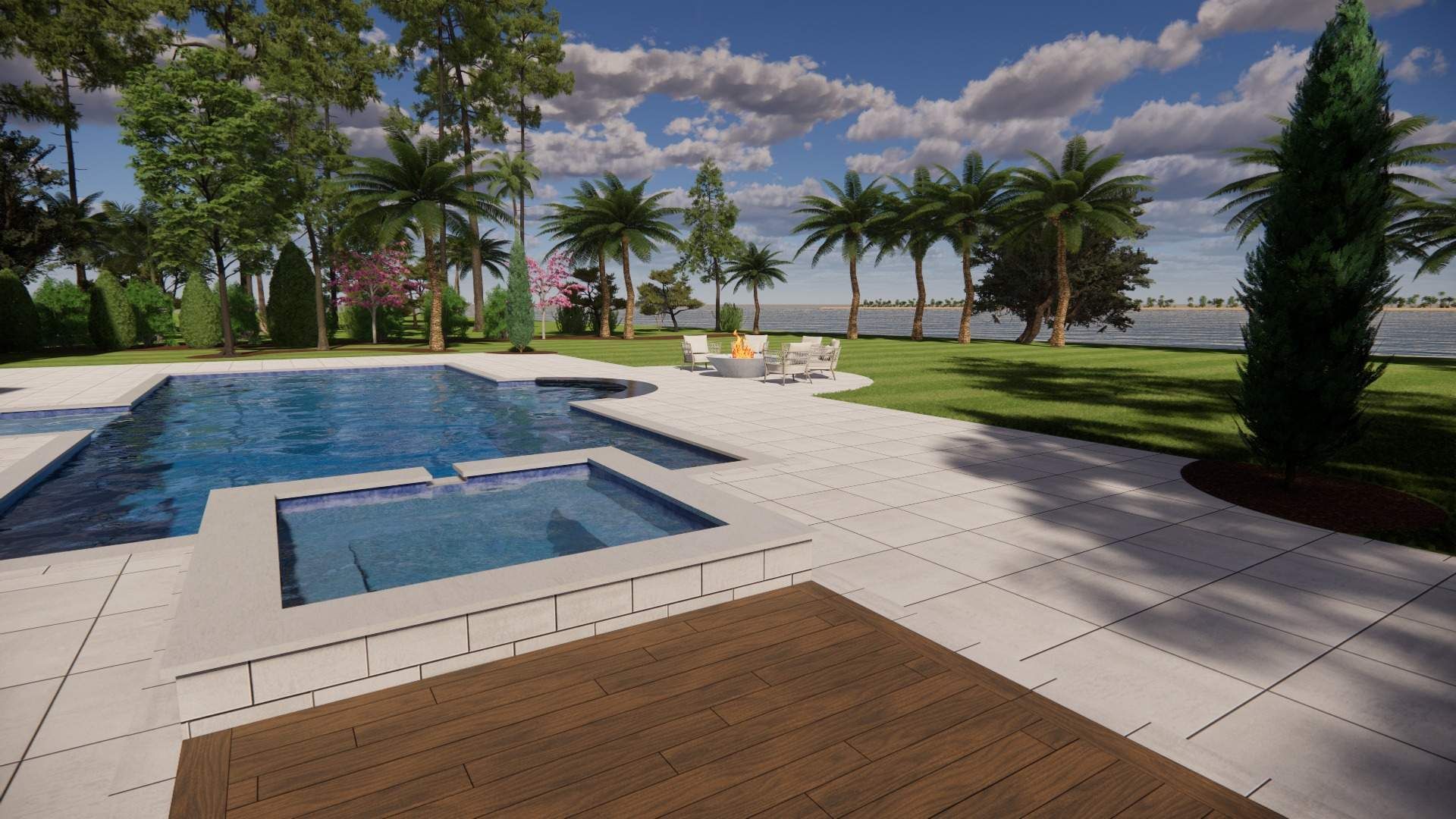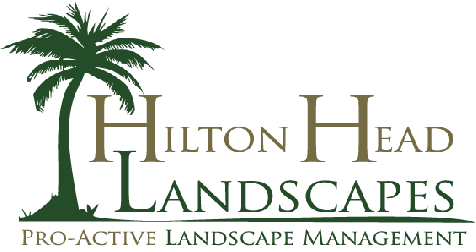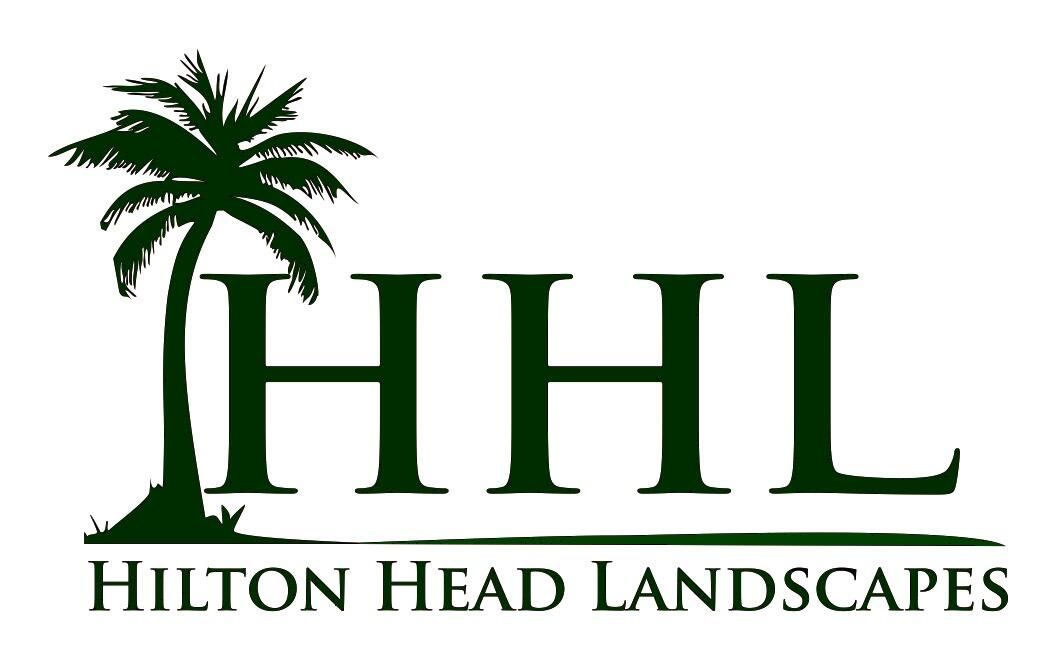Koi Pond Maintenance: Hilton Head's Ultimate Guide
Koi pond maintenance is essential for keeping your aquatic oasis healthy and beautiful. Regular upkeep ensures clean water, happy fish, and a thriving ecosystem in your Hilton Head Island backyard. This guide will walk you through the key aspects of koi pond care, tailored to our unique coastal environment.
Key Takeaways:
- Weekly water testing is crucial for maintaining proper pH and chemical balance
- Filtration systems need regular cleaning to function effectively
- Seasonal adjustments are necessary for koi care in Hilton Head's climate
- Proper feeding habits help prevent water quality issues
- Plant management is important for balancing the pond ecosystem
- Professional maintenance can be beneficial for complex pond systems
Understanding Koi Pond Ecosystems in Hilton Head
Koi ponds are more than just water features – they're living ecosystems. In Hilton Head's warm, humid climate, these ponds require special attention to thrive. The balance between fish, plants, and microorganisms is delicate and needs regular monitoring.
Our island's environment presents unique challenges for koi pond owners. Salt air can affect water chemistry, while our hot summers can lead to rapid algae growth. Understanding these local factors is key to successful pond maintenance.
The Basics of Water Quality
Clean water is the foundation of a healthy koi pond. In Hilton Head, where temperatures can soar, maintaining good water quality is especially important. Regular testing is your first line of defense against problems.
pH Levels and Koi Health
Koi thrive in water with a pH between 7.0 and 8.6. Hilton Head's natural water can be slightly acidic, so you may need to adjust your pond's pH. Use a reliable test kit weekly to check levels and make adjustments as needed.
Ammonia and Nitrite Control
Ammonia and nitrites are toxic to koi. These compounds come from fish waste and decaying organic matter. In our warm climate, they can build up quickly. Test for these weekly and take action if levels rise above zero.
Dissolved Oxygen
Warm water holds less oxygen, which can be a problem in Hilton Head summers. Signs of low oxygen include fish gasping at the surface. Consider adding an aerator or waterfall to increase oxygen levels.
Filtration: The Heart of Pond Health
A good filtration system is crucial for keeping your koi pond clean. It removes debris and harmful substances from the water. In Hilton Head's climate, filters work hard and need regular attention.
Mechanical Filtration
Mechanical filters trap physical debris like leaves and algae. Clean these filters weekly, or more often during fall when leaves are falling. This prevents clogging and keeps your filter working efficiently.
Biological Filtration
Biological filters house beneficial bacteria that break down waste. These bacteria are sensitive to temperature changes. In Hilton Head's varying seasons, monitor your bio-filter closely and adjust as needed.
Feeding Your Koi Throughout the Year
Proper feeding is key to koi health and water quality. In Hilton Head, our mild winters mean koi may feed year-round, but their needs change with the seasons.
Spring and Fall Feeding
As temperatures rise in spring or cool in fall, gradually increase or decrease feeding. Use a high-quality, easily digestible food during these transition periods.
Summer Feeding Habits
During hot Hilton Head summers, koi have hearty appetites. Feed them 2-3 times daily, but only what they can eat in 5 minutes. Overfeeding leads to excess waste and poor water quality.
Winter Feeding Considerations
Even in our mild winters, koi metabolism slows. Reduce feeding when water temperatures drop below 50°F (10°C). On warmer winter days, offer a small amount of low-protein food.
Managing Algae Growth
Algae growth is a common issue in koi ponds, especially in Hilton Head's sunny climate. While some algae is normal, excessive growth can harm water quality and fish health.
Natural Algae Control Methods
Encourage natural algae control by adding plants that compete for nutrients. Water lilies and floating plants like water lettuce work well in our climate and provide shade.
Chemical Algae Treatments
If natural methods aren't enough, consider algaecides. Choose products safe for koi and follow dosage instructions carefully. Always test water after treatment to ensure it's safe for your fish.
Seasonal Pond Care in Hilton Head
Our subtropical climate means pond care needs change throughout the year. Adapting your maintenance routine to the seasons will keep your pond healthy year-round.
Spring Preparation
As temperatures rise, clean out debris that accumulated over winter. Check and service your pump and filtration system. Gradually increase feeding as koi become more active.
Summer Vigilance
Summer brings rapid growth and high temperatures. Monitor water quality closely, especially after heavy rains. Ensure your pond has adequate shade to prevent overheating.
Fall Maintenance
Prepare for leaf fall by installing netting over your pond. This prevents excess organic matter from entering the water. Begin reducing feeding as temperatures cool.
Winter Care
While Hilton Head winters are mild, occasional cold snaps can occur. Have a plan to protect your pond during freezes. Consider a de-icer for very cold nights to maintain an opening in the ice.

Koi Health Monitoring
Regular observation of your koi is crucial for early problem detection. Healthy koi are active and have good appetites. Look for signs of illness like lethargy, loss of appetite, or unusual swimming patterns.
Common Koi Diseases
Koi can suffer from various ailments. In Hilton Head's warm climate, parasitic infections are common. Watch for fish rubbing against surfaces or gasping at the surface, which can indicate parasites or gill problems.
Quarantine Procedures
If you add new fish to your pond, quarantine them first. This prevents the spread of diseases to your existing koi population. A separate tank or small pond works well for this purpose.
Plant Management in Koi Ponds
Aquatic plants play a crucial role in koi pond ecosystems. They provide oxygen, absorb excess nutrients, and offer shade and hiding spots for fish. In Hilton Head's climate, many aquatic plants thrive year-round.
Choosing the Right Plants
Select plants that do well in our climate and benefit your pond. Water lilies, lotus, and iris are popular choices. Avoid invasive species that can take over your pond.
Pruning and Maintenance
Regular pruning keeps plants healthy and prevents overgrowth. Remove dead or yellowing leaves promptly to maintain water quality. Divide overgrown plants in spring to control their spread.
Professional Maintenance Services
While regular maintenance can be managed by pond owners, professional services can be beneficial, especially for larger or more complex systems. Hilton Head Landscapes offers expert koi pond maintenance tailored to our local conditions.
When to Call a Professional
Consider professional help for tasks like: - Deep cleaning and pond overhauls - Equipment repairs or upgrades - Dealing with persistent water quality issues - Treating serious fish health problems
Choosing a Pond Maintenance Service
Look for a service with experience in koi ponds and knowledge of Hilton Head's specific climate challenges. Ask about their maintenance approach and whether they use eco-friendly practices.
Troubleshooting Common Pond Issues
Even with regular maintenance, koi ponds can develop problems. Knowing how to identify and address common issues quickly can prevent more serious complications.
Cloudy Water
Cloudy water often indicates an imbalance in the pond ecosystem. It can be caused by excess nutrients, a bloom of beneficial bacteria, or fine particles suspended in the water.
To address cloudy water: 1. Test water parameters to rule out chemical imbalances 2. Check filtration system for proper function 3. Perform a partial water change if needed 4. Consider adding beneficial bacteria to help clear the water
Fish Loss
Sudden fish loss can be alarming. It may be due to poor water quality, disease, or predation.
Steps to take: 1. Immediately test water quality, especially oxygen levels 2. Look for signs of disease in surviving fish 3. Check for evidence of predators like herons or raccoons 4. Consider installing protective measures like netting or motion-activated sprinklers
Sustainable Pond Practices
Adopting sustainable practices in koi pond maintenance benefits both your fish and the environment. These methods often align well with Hilton Head's focus on eco-friendly living.
Rainwater Collection
Using rainwater to top up your pond can reduce chemical use and save on water bills. Set up a simple collection system from your roof gutters.
Natural Filtration Methods
Incorporate natural filtration like bog filters or constructed wetlands. These systems use plants to filter water and can reduce reliance on mechanical filters.
Koi Pond Equipment Essentials
Having the right equipment makes maintenance easier and more effective. Here's a list of essential items for Hilton Head koi pond owners:
- Water test kit (pH, ammonia, nitrite, nitrate)
- Pond vacuum or net for debris removal
- Thermometer
- Aeration system
- UV sterilizer (helpful in controlling algae)
- Pond skimmer
- Backup power source for pumps (useful during hurricane season)
Koi Pond Maintenance Schedule
Developing a regular maintenance schedule helps ensure all aspects of pond care are addressed. Here's a sample schedule tailored for Hilton Head's climate:

Conclusion
Maintaining a koi pond in Hilton Head Island requires attention to detail and an understanding of our unique climate. Regular care ensures a healthy, beautiful pond that can be enjoyed year-round.
Remember, each pond is unique, so be prepared to adjust your maintenance routine based on your specific needs. With proper care, your koi pond can be a stunning and relaxing feature in your Hilton Head landscape for years to come. For more information, you can visit our website or contact us.



